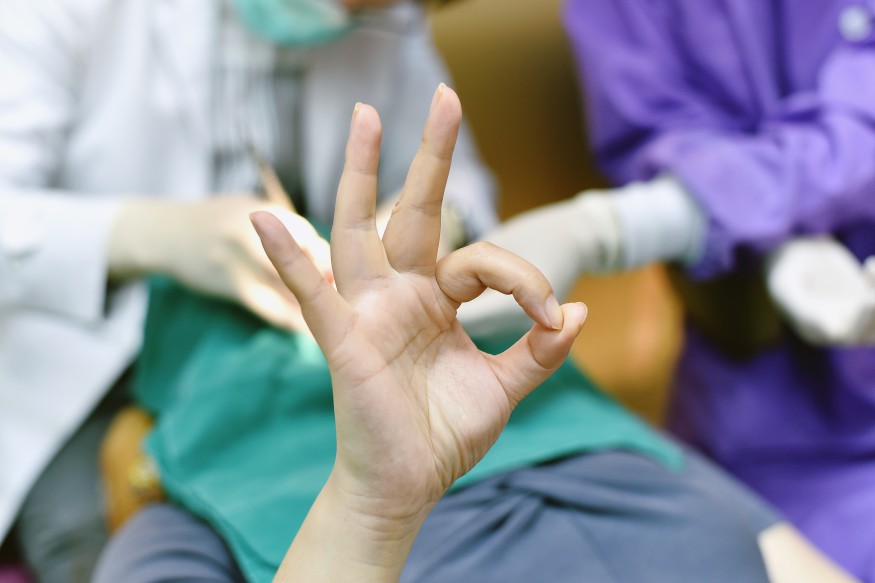What Can You Do After a Motorcycle Accident?
What Can You Do After a Motorcycle Accident? First, you should begin collecting evidence. Try to speak to witnesses, take pictures of the scene, and save any damaged items. Make notes on the accident and any evidence you can gather. This evidence could include footage from nearby security cameras or even your dash cam. It is important to document as much evidence as possible because the police may want to ask about your claim. This article will explain the steps to take after a motorcycle accident.
Injury causes

While most motorcycle accidents are caused by other drivers, a few things should be considered to avoid causing an accident. Inattention or failure to recognize distance or speed are common causes of accidents. Distracted drivers are more likely to cause accidents, and a study showed that texting drivers are nearly as deadly as drunk drivers. It is important to be aware of road conditions and always check your blind spots before changing lanes. Drivers should also avoid riding while fatigued. This can lead to accidents within a second.
Older motorcyclists are more likely to sustain injuries to their lower limbs than younger motorcyclists. In addition, they were more likely to sustain injuries to their neck, spine, and thoracic areas. These injuries may be due to more aggressive riding habits or the size of the motorcycle. Older motorcyclists also had higher rates of collisions with cars, overturned motorcycles, and objects. Injury causes of motorcycle accident
Preventing accidents
While riding a motorcycle, the safety of you and other motorists is of paramount importance. A motorcycle is much smaller than a passenger vehicle, and drivers may not always see it. Hence, drivers need to constantly monitor their blind spots. Drivers should keep a four-second cushion behind a motorcycle when turning or changing lanes. Checking your mirrors is just as important as watching out for other vehicles. You never know when you may run into a motorcycle!
You can prevent motorcycle accidents by checking the mirrors of other vehicles and riding in the opposite lane when crossing an intersection. It is also a good idea to keep music in your car to a minimum. Motorcycles tend to be louder than other vehicles and drivers need to keep their horns to be heard. Moreover, motorcycles make a lot of noise, and this noise can double as a safety mechanism. Drivers should also avoid playing loud music in their vehicles, so that they can hear the motorcycles and other motorists’ horns.
Injuries suffered in an accident
A motorcycle accident can cause a wide range of injuries, including life-threatening brain damage. A motorcycle wreck may leave a person with a paralyzed head or a severed neck. In addition to mounting medical bills, a motorcycle accident can also lead to lost wages and emotional distress. To make sure your medical bills are covered, wear a motorcycle helmet. We will discuss some of the most common injuries suffered in motorcycle accidents.
Traumatic brain injury (TBI) – The most devastating injury a motorcycle accident can cause is a blow to the head. A blow to the head can cause a concussion, which can result in serious symptoms such as loss of consciousness. Some concussions do not require hospital treatment, but a serious TBI could result in permanent disability. You should seek medical treatment immediately if you feel a nagging headache or any other symptoms.
Recovering damages after a motorcycle accident
The process of recovering damages after a motorcycle accident begins with coming to terms with your injuries and determining what legal steps you should take. It is important to gather as much information as possible after the accident, including the events leading up to the collision and the details of the accident itself. If you are unable to work for weeks or months, an attorney can assist you in recovering appropriate compensation. A lawyer can also help you file a lawsuit against the party who caused the accident and provide guidance through the entire process.
Once you are able to collect sufficient evidence and begin your claim, you should work with your medical providers to assess the severity of your injuries. You should keep detailed records of your daily activities and any symptoms that arise. This is an important step in your claim because ignoring these details may adversely affect your physical health, making it difficult for you to receive the compensation you need. You should also seek professional medical attention as soon as possible. Even minor aches and pains may be cause for concern, so a visit to the doctor immediately after the crash will give you more information and help your case.
